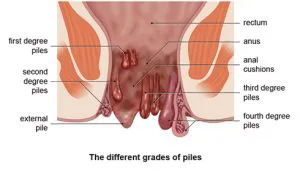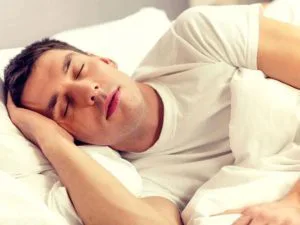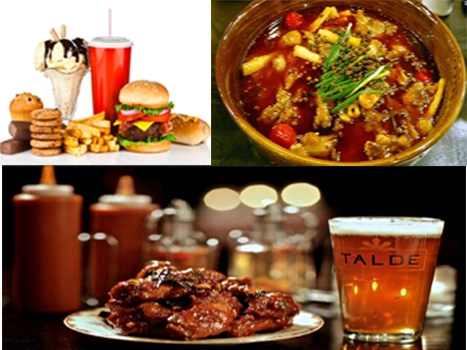Piles Causes and Symptoms

More than 50% of adult person are affected by hemorrhoids or piles. Piles in the anal area begin as pedicle or polyp. Hemorrhoids is the varicosity of hemorrhoidal vein. It may be internal or external. The internal piles, at the stage of first degree may be bleeding but remain inside the anus without any prolapse. The second degree internal piles gets prolapsed during defecation but goes back inside the anus spontaneously. The third degree internal piles get prolapsed during passing stool and it needs the manual help to go back. The fourth degree piles are permanently prolapsed or protruded.
External piles may occur at the marginal line of the external skin to the dentate line.
The “Arsha” or piles causes are many according to ayurveda and modern medicine. Ayurveda says piles may be inherited from the parents. A couple of parents indulged in faulty food habit and unusual life style may suffer from anorectal disease like piles. The vitiated toxin affects the sperm and ovum which inconsequence may cause piles to the child

Frequent local irritation in the anus due to long bike riding or seating on hard surface may cause piles. Frequent application of enema, chilled water, rubbing hand on the anus may lead to piles. Disease like anemia, chronic fever, chronic diarrhea, chronic dysentery, IBS(Irritable Bowels Syndrome or Sprue Syndrome), high blood pressure, Obesity, frequent pregnancy and normal delivery without doctor’s help may cause piles. Even anger, violence, loud speech, stress, strain and over excitation may cause piles in long run. This is narrated in Ayurveda.
At the other side recurrent piles give rise to disease like IBS, Ulcerative colitis etc.
Available Ayurvedic Treatment for Piles
Retention of natural urges of feces, flatus, urine may cause piles in ano. Similarly, putting force over micturation and defecation may cause piles. Difficult labor, heavy exercise put pressure over the hemorrhoidal vein in the anus to create the piles.

Contradictory food, excessive food, frequent food, constipative food, dry vegetables, heavy and chilled food or drink meat, egg, Maida(white polished flour) are the main criminals behind the occurrence of piles. Oily and spicy food, sour taste, junk food are also the reason behind the piles in the modern era.
Improper calorie transaction in the body should be taken into consideration. Intake of excessive rich food and no exercise gives rise to piles with other complications.
Low intake of water causes dehydration that leads to hardening of the stool and constipation. The hard stool urges pressure over the veins in the anus and cause varicosity. Lack of exercise inhibits the intestinal motility. That urges the fecal pressure over the vein. Less roughage and more protein in the food causes piles.
Precisely a sedentary life style with unorganized food habit cause Arsha or piles in the anus.
Written and edited by Dr A P Nayak on Dt 14.02.2018
For Piles treatment, you can Contact our Astang Ayurveda hospital at Bhubaneswar, India.
For inquiry, Call us;
or Mail us;
Get Directions to Our Location on the Map
• First-degree: No prolapse, but bleeding may occur.
• Second-degree: Prolapse occurs during bowel movements but retracts on its own.
• Third-degree: Prolapse occurs during bowel movements and requires manual retraction.
• Fourth-degree: Constant prolapse that cannot be retracted manually.
